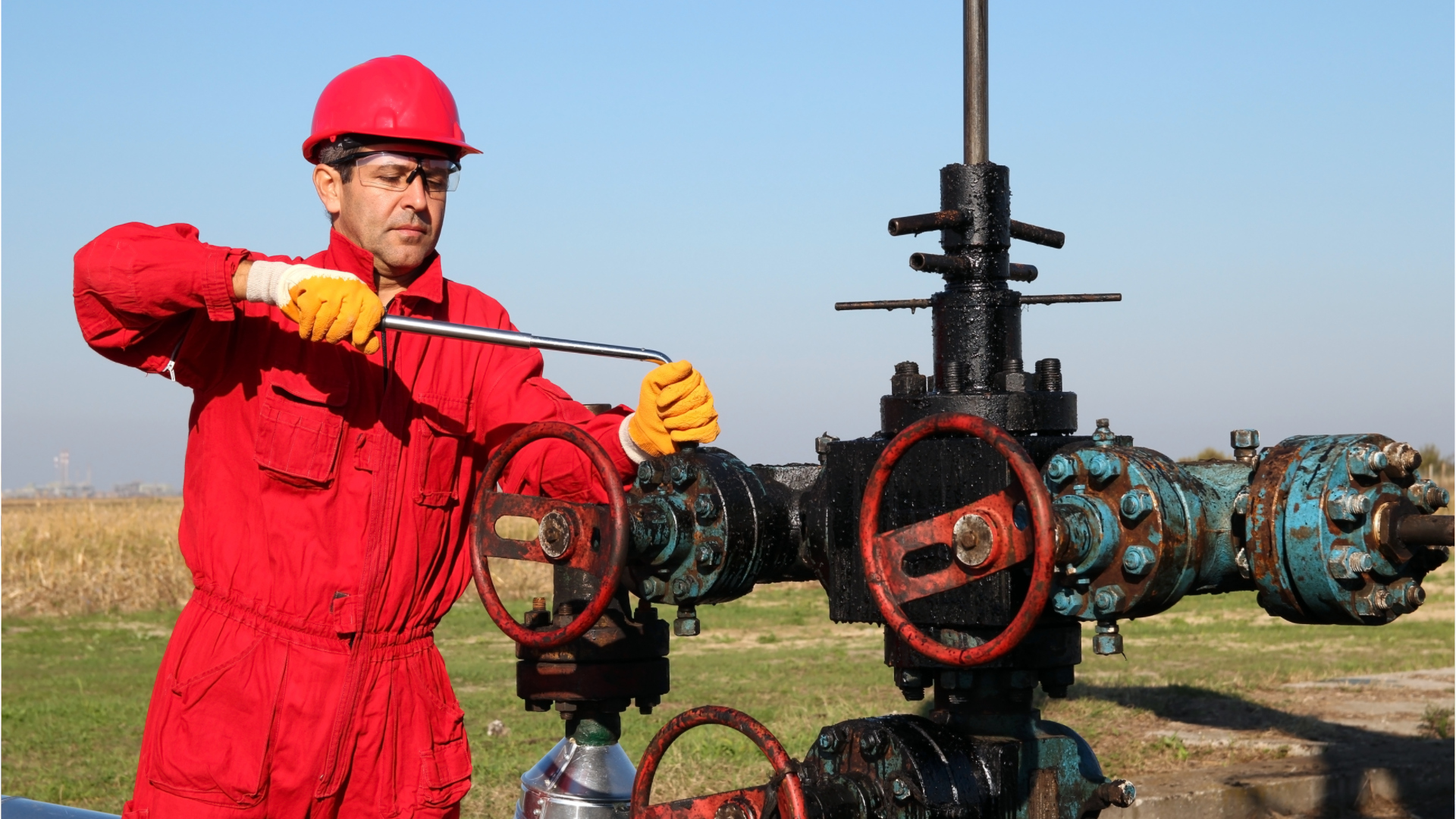Pump Operators
Outside Operator, Pipeline Operator, Pumper, Tank Farm Operator
What they do:
Tend, control, or operate power-driven, stationary, or portable pumps and manifold systems to transfer gases, oil, other liquids, slurries, or powdered materials to and from various vessels and processes.
On the job, you would:
- Monitor gauges and flowmeters and inspect equipment to ensure that tank levels, temperatures, chemical amounts, and pressures are at specified levels, reporting abnormalities as necessary.
- Record operating data such as products and quantities pumped, stocks used, gauging results, and operating times.
- Plan movement of products through lines to processing, storage, and shipping units, using knowledge of interconnections and capacities of pipelines, valve manifolds, pumps, and tankage.
Knowledge
Manufactured or Agricultural Goods
- manufacture and distribution of products
Arts and Humanities
- English language
Engineering and Technology
- mechanical
Math and Science
- arithmetic, algebra, geometry, calculus, or statistics
Skills
Basic Skills
- keeping track of how well people and/or groups are doing in order to make improvements
- listening to others, not interrupting, and asking good questions
Problem Solving
- noticing a problem and figuring out the best way to solve it
Abilities
Verbal
- listen and understand what people say
- communicate by speaking
Visual Understanding
- quickly compare groups of letters, numbers, pictures, or other things
- see hidden patterns
Hand and Finger Use
- hold or move items with your hands
- keep your arm or hand steady
Controlled Movement
- quickly change the controls of a machine, car, truck or boat
Personality
People interested in this work like activities that include practical, hands-on problems and solutions.
They do well at jobs that need:
- Cautiousness
- Attention to Detail
- Dependability
- Stress Tolerance
- Self-Control
- Integrity
Technology
You might use software like this on the job:
Spreadsheet software
- Microsoft Excel
Electronic mail software
- Microsoft Outlook
Facilities management software
- Computerized maintenance management system CMMS
Education
Education: (rated 2 of 5)
high school diploma/GED or
bachelor's degree
usually needed
bachelor's degree
usually needed
Job Outlook
Average
New job opportunities are likely in the future.
Explore More
- Gas Compressor & Gas Pumping Station Operators
- Petroleum Pump System Operators, Refinery Operators, & Gaugers
- Separating, Filtering, Clarifying, Precipitating, & Still Machine Setters, Operators, & Tenders
- Stationary Engineers & Boiler Operators
- Wellhead Pumpers
You might like a career in one of these industries:
See more details at O*NET OnLine about Pump Operators.





